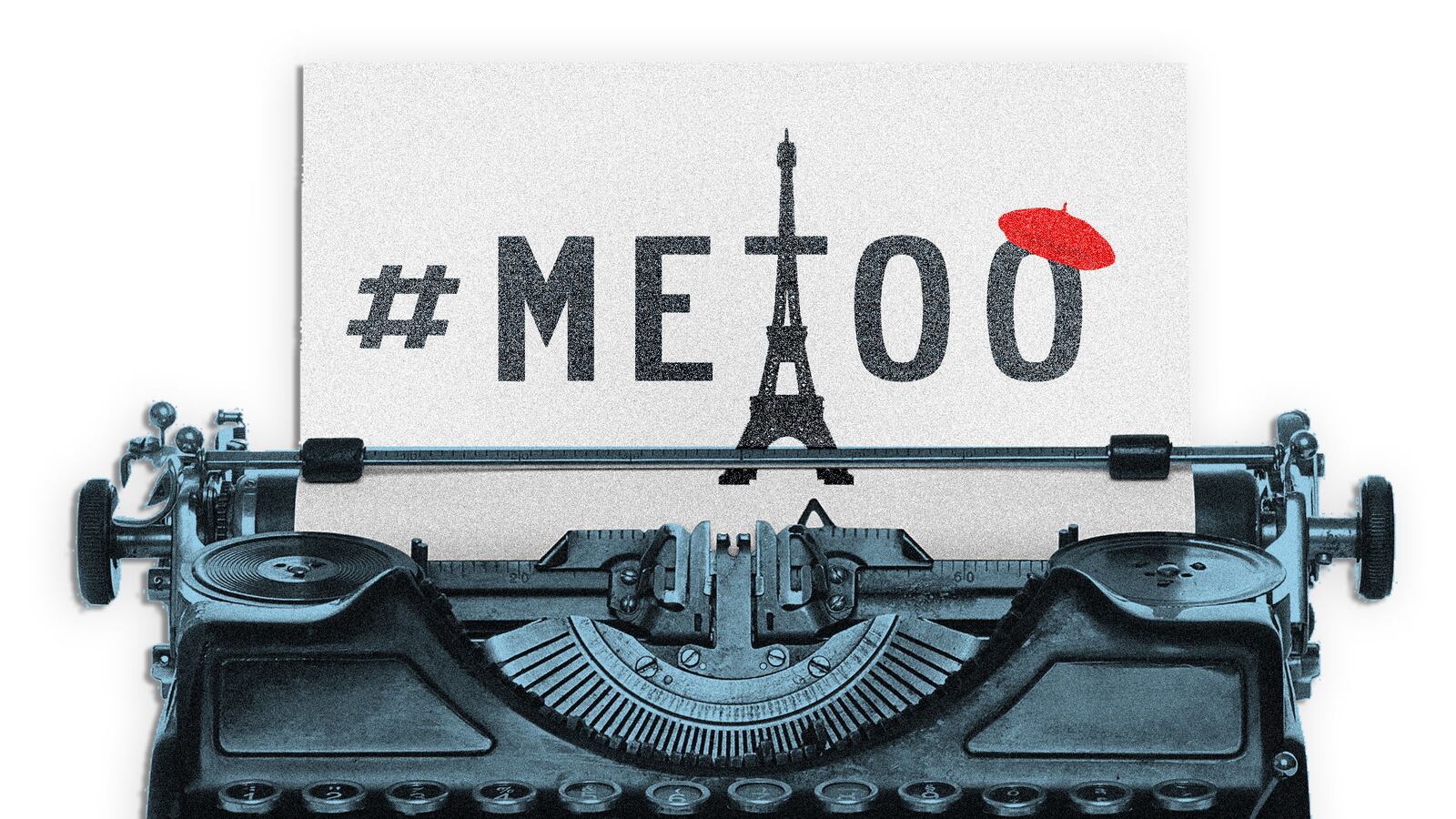PARIS, France — In this country often painted as a churlish holdout against political correctness, there is something about the recently exposed online “Ligue du LOL” that is particularly insidious and particularly French.
The LOL (Laugh Out Loud) League, as it would be called in English, was a band of toxic bros who first came together as a private Facebook group in 2009 and used Twitter to conduct a campaign of harassment and cyberbullying with what was for years complete impunity. The Ligue targeted mostly women, but also gay men and ethnic minorities. Its members? Young journalists at the forefront of France’s brave new digital media world.
The profiles of these men didn’t fit with what we’ve come to expect from people who behave badly online. They weren’t too young to know better and they weren’t friendless losers venting their anonymous anger in the only forum open to them. These were increasingly successful men who ran Twitter accounts under different names, but had the arrogance to render some easily identifiable, unable to keep from bragging about their associations and successes in their Twitter bios. All the while, they selected their targets and tailored their attacks for maximum psychological destruction.
By 2013 the flow of hatred appears to have been stemmed. The Facebook group remained, but was largely dormant. Had the jokes grown stale, or were their authors beginning to recognize their error? Maybe they just got bored. But the effects of their cruelty linger to this day, and the exposure of the “league” has prompted what some people see as a resurgence of MeToo reaction in a country reluctant to embrace that emblematic resistance to misogyny and abuse.
Daria Marx was one of their victims. A feminist and activist against fat shaming, Marx was subjected to threats of rape, even death. Her head was photoshopped on to the body of a porn actress who bore a passing resemblance, and the resulting images were posted online. In a blog post, she said she felt like she was trying to flee a sniper’s virtual bullets.
Marx tells The Daily Beast it’s “totally unreal” that her tormentors are finally squirming in the glare of public outrage. “Only a week ago, we were still living in fear of those men. Some of them were still active, still targeting us.” Others appear to have redefined themselves, she says, as “modern men, retweeting feminist articles and adopting a feminist point of view.” It’s impossible to know if the change is genuine or hypocrisy.
The story was broken by the left-leaning newspaper Libération after a reader asked if online rumors about the existence of such a group were true. The publication soon discovered that some of the trolls were within its own ranks. Vincent Glad, a regular contributor to Libération, was the man who’d created the Ligue. He was suspended by the newspaper, along with its online editor, Alexandre Hervaud. Further suspensions have followed at other organizations.
Glad released a statement saying he’d “created a monster” that escaped his control. But like several of his cohorts, Glad opted for a brand of half-baked regret, not unlike those train announcements that apologize for “any inconvenience that may be caused” by delays and cancellations. In this case, it’s not inconvenience, but hurt and distress, and their role in the creation of it is indisputable. Hurt and distress was the raison d’être of the Ligue du LOL.
Hervaud opted for a tone devoid of contrition when he wrote on Twitter that those “jumping with joy in their vengeful bile” should go and “cook their asses.”
For French media organizations, it’s a moment to reflect on how all this went unnoticed by the general public for so long. Samuel Laurent, a journalist at Le Monde, has written about his discomfort—even guilt—at having admired the “ferocious humor” of those he’d viewed as the “cool kids.” He described them as having the power to make or break reputations.
Laurent wasn’t part of the group, but watched as they blazed trails in their use of social media—something that was still a relatively new way for journalists to build a reputation at the time. He insists he never knew the extent of their sadistic harassment.
“It’s hard to understand why people finally chose to hear us,” says Marx, “I guess we have #MeToo to thank.”
Women across France had wondered if the global movement would truly take hold here. Misogyny and inequality seem so tightly interwoven into French life. When I first moved here and began working alongside my partner, he was asked—by our then boss—whether this was a wise decision. “The workplace is for mistresses, not wives,” he was told.
To an extent, France did embrace MeToo, even creating its own hashtag, #BalanceTonPorc—best translated as “squeal on your pig.” But there were notable exceptions. Catherine Deneuve joined some 100 women who penned an open letter to defend the right to flirt, even to rub up against a stranger on the metro.
The backlash to MeToo hasn’t been restricted to France. A brief look at social media tells us some believe it’s men who are now “under attack,” derided for male privilege, toxic masculinity, even mansplaining. When the shaving brand Gillette had the audacity to suggest men should strive to be the best version of themselves, that fairly innocuous message prompted cries of emasculation, even threats of a boycott. Men should be men, apparently. And being a man means never having to say you’re sorry.
The real danger would be to write off the Ligue du LOL as an isolated example of testosterone gone rogue (“twittostérone,” as Libération put it). In the wake of the revelations, five journalists have been ousted from France’s divisions of the Huffington Post and Vice. They were sanctioned for racist, sexist and homophobic jokes shared in messaging groups and private email threads.
Marx warns against believing this is the tipping point that some have suggested. She fears the Ligue du LOL will become “heroes” in macho or right-wing circles. “My hope,” she says, “is in women and minorities. I hope they will be empowered by our testimony, and that they won’t fear speaking out if something happens to them.”









